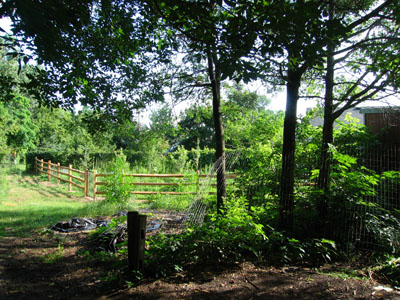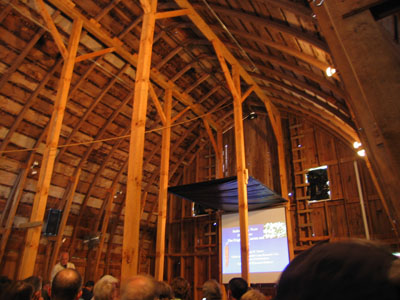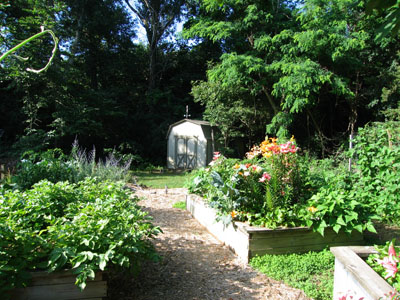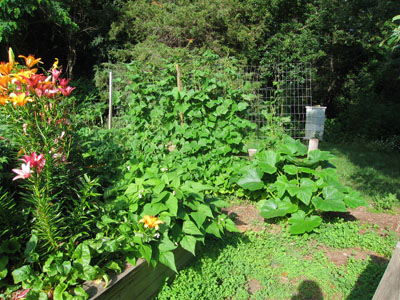Beltane New Last Frost Moon
The potatoes are in the ground. The lettuce has two leaves, as does the spinach, a few beets have emerged. The leeks look a bit droopy, but they’ll pick up. The garlic is well over 6 inches now as it makes the final push for harvest in late June, early July. None of the carrots have germinated yet and most of the beets have not either. The onion sets we planted have mostly begun to show green. The bees show up now around the property, working as we do, tending the plants in their own, intimate way. The gooseberries we transplanted look very healthy. The daffodils are a carpet of yellow and white. A few scylla out front brighten up the walk with their blue.
mostly begun to show green. The bees show up now around the property, working as we do, tending the plants in their own, intimate way. The gooseberries we transplanted look very healthy. The daffodils are a carpet of yellow and white. A few scylla out front brighten up the walk with their blue.
Most of today went into Diana and Actaeon. I’m down to verse 227, the finish line is 250. I’m close and moving faster now than I was. One of the things I’ve learned is that doing this at a pace which would allow you to complete a project in a reasonable time frame would require real skill. I’m a hobby Ovidist, to be a Latin scholar would take decades. Who knows though? I might make it. When I finish this first tale in the Metamorphosis, I’m going to have some kind of celebration.
Buddy Mark Odegard has come up with three remarkable designs for a Free Ai Weiwei t-shirt. Here’s an example and the one most seem to prefer:

 earth, a bit yellow at the top, then light green, then a darker green. Soon there should be other bulbs breaking through including some I’d forgotten I planted in the orchard.
earth, a bit yellow at the top, then light green, then a darker green. Soon there should be other bulbs breaking through including some I’d forgotten I planted in the orchard.
 Summer Waxing Summer Moon
Summer Waxing Summer Moon




